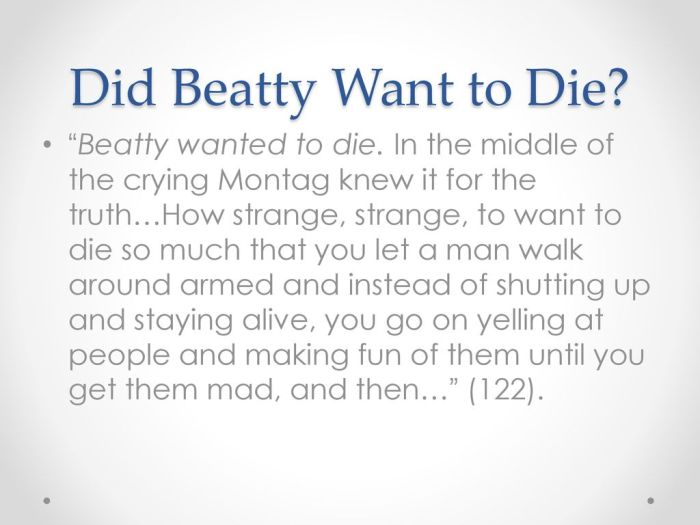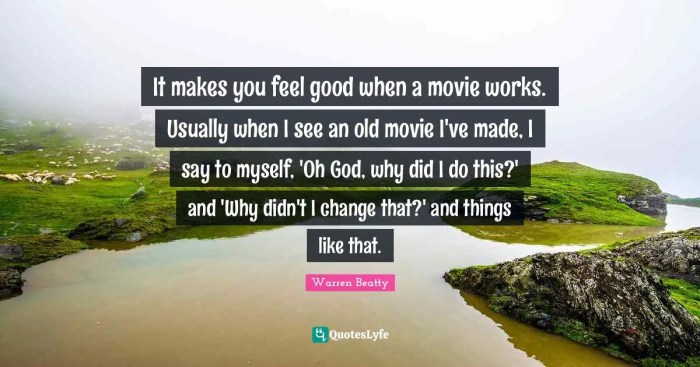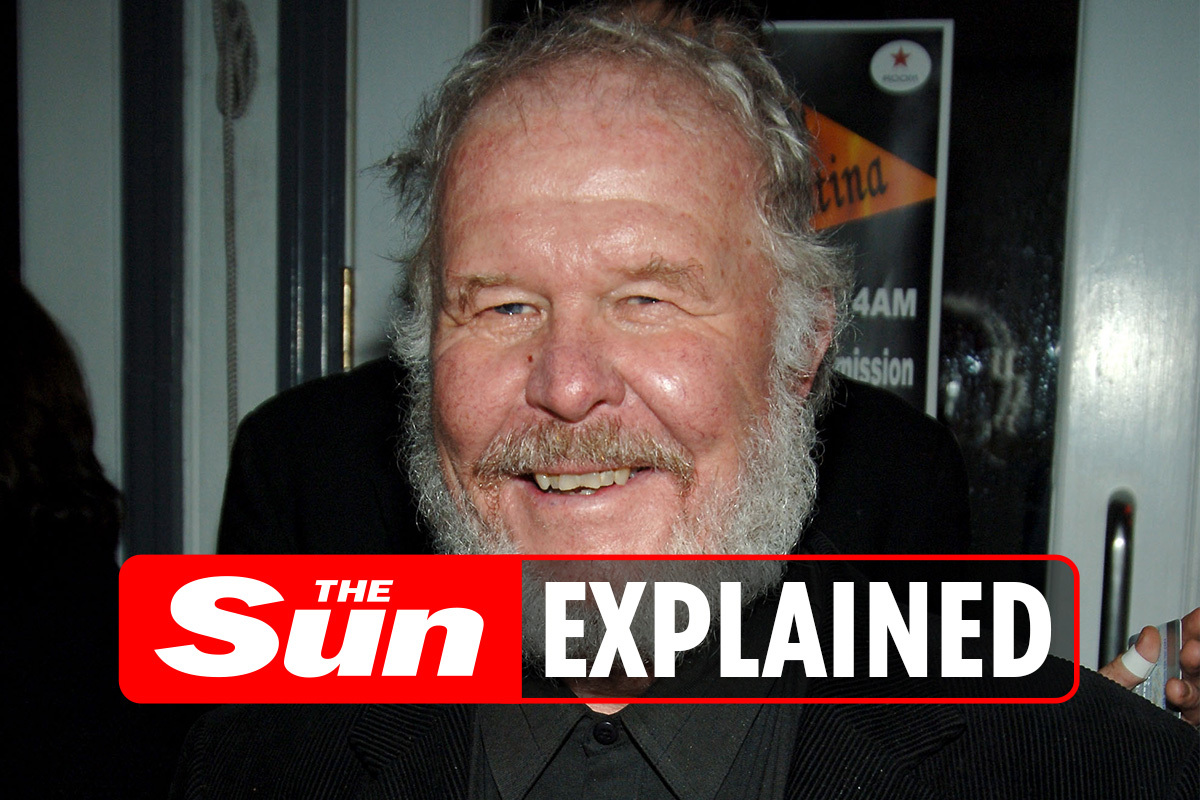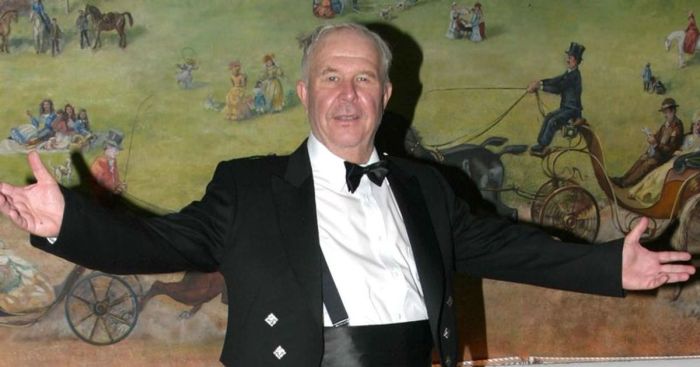Why did Beatty want to die? In Ray Bradbury’s dystopian masterpiece, Fahrenheit 451, Captain Beatty stands as an enigmatic figure, driven by a deep desire for death. This article delves into the circumstances and motivations that led Beatty to this desperate end, exploring the impact of his experiences, his relationship with Montag, his fear of conformity, and the existential crisis that plagued him.
Beatty’s motivations are complex and multifaceted, shaped by his experiences as a Fire Captain in a society that suppresses individuality and critical thought. His relationship with Montag, his former protégé turned rebel, further complicates his emotional state, leading to a psychological and emotional struggle that contributes to his desire for death.
Beatty’s Relationship with Montag

The relationship between Fire Captain Beatty and Guy Montag is a complex one, marked by mentorship, rebellion, and ultimately, Beatty’s desire for death.
Beatty’s Mentorship
Beatty initially serves as a mentor to Montag, introducing him to the intricacies of the dystopian society they live in and the importance of enforcing its strict laws, including the ban on books. Beatty’s mentorship is characterized by a combination of intimidation and manipulation, as he attempts to mold Montag into a loyal and obedient member of the fire department.
Montag’s Rebellion
However, Montag’s growing fascination with books and the ideas they contain leads him to question the very society that Beatty upholds. Montag’s rebellion against Beatty’s authority becomes a catalyst for Beatty’s own crisis of faith, as he realizes the emptiness and hypocrisy of the world he has dedicated his life to.
Psychological and Emotional Dynamics
The psychological and emotional dynamics between Beatty and Montag are complex. Beatty represents the oppressive forces of the dystopian society, while Montag represents the potential for change and rebellion. Beatty’s desire for death can be seen as a manifestation of his inner conflict, as he struggles to reconcile his own beliefs with the changing world around him.
Beatty’s desire for death stemmed from his disillusionment with society and his realization of the futility of his actions. Seeking solace in the pursuit of knowledge, he found himself drawn to resources like vocab book level c answers , hoping to expand his understanding.
Yet, even this proved insufficient to quell his existential despair, leading him to embrace the inevitability of his demise.
Beatty’s Fear of Conformity: Why Did Beatty Want To Die

Beatty’s fear of conformity stemmed from his deep-seated belief that society’s rigid expectations stifled individuality and creativity. He recognized the dangers of a society where everyone thought and acted alike, fearing the loss of critical thinking and the erosion of personal freedom.
Role of Society and Expectations
Beatty’s fear of conformity was shaped by his observations of the oppressive society he lived in. The government enforced strict rules and regulations, suppressing dissent and promoting unquestioning obedience. This suffocating atmosphere created a culture where people were afraid to express themselves freely, leading to a widespread loss of individuality.
Struggle with Conformity
Beatty’s struggle with conformity is evident throughout the novel. He is torn between his desire to conform to society’s expectations and his yearning for a more meaningful life. He initially tries to fit in, but his conscience eventually forces him to question the status quo.
“‘We must all be alike. Not everyone born free and equal, as the Constitution says, but everyone made equal. Each man the image of every other; then all are happy, for there are no mountains to make them cower, to make them feel inferior. We must all be alike.'”
Beatty’s fear of conformity ultimately drives his decision to die. He realizes that in a society that values conformity above all else, his individuality and freedom are doomed to be extinguished. By choosing death, he makes a defiant stand against the oppressive forces that seek to stifle his spirit.
Beatty’s Existential Crisis

Beatty grapples with an existential crisis, questioning the meaning of his existence and the futility of his actions. The themes of mortality, meaninglessness, and the search for purpose permeate his thoughts, leading him to desire an end to his meaningless existence.
Mortality
- Beatty is haunted by the inevitability of death, realizing that his life is finite and will ultimately end in oblivion.
- He is unable to reconcile his desire for a meaningful life with the knowledge that his existence will eventually be erased.
- This awareness of mortality fuels his existential angst and contributes to his desire to escape the futility of life.
Meaninglessness, Why did beatty want to die
- Beatty sees his role as a Fire Captain as empty and devoid of purpose.
- He recognizes that the books he burns hold no real value and that his actions are ultimately meaningless.
- The lack of purpose and significance in his life exacerbates his existential crisis, making him question the point of his continued existence.
Search for Purpose
- Beatty yearns for something that will give his life meaning and purpose.
- He briefly considers joining Montag in his rebellion, but ultimately decides against it, recognizing that it too would be ultimately futile.
- In the end, Beatty’s search for purpose remains unfulfilled, contributing to his desire for death as a way to escape the emptiness of his existence.
Answers to Common Questions
What was Beatty’s primary motivation for seeking death?
Beatty’s primary motivation was his fear of conformity and the suppression of individuality in society.
How did Beatty’s relationship with Montag contribute to his desire for death?
Beatty’s mentorship of Montag and Montag’s subsequent rebellion against him created a psychological and emotional conflict within Beatty, further fueling his desire for death.
What role did Beatty’s existential crisis play in his decision to end his life?
Beatty’s existential crisis, characterized by themes of mortality, meaninglessness, and the search for purpose, contributed significantly to his desire for death.
